AI in Software Development: Revolutionizing the Way We Build Technology
Artificial Intelligence (AI) is reshaping the landscape of software development, introducing transformative changes that streamline processes, enhance efficiency, and drive innovation. No longer confined to academic research or niche applications, AI has become a practical tool integrated into the software development lifecycle. From automating repetitive tasks to optimizing testing and even creating code, AI empowers developers and businesses to produce high-quality software faster and more efficiently.
This article delves into how AI is revolutionizing software development, the benefits it offers, and its potential to transform the future of technology creation. Additionally, we’ll explore how Pevaar Software Factory leverages these advancements to provide tailored solutions and nearshore staff augmentation for scalable, efficient growth.
Table of Contents:
- AI in Software Development: The Core Benefits.
- Transformative Applications of AI in Software Development.
- Challenges and Ethical Considerations.
- How Pevaar Software Factory Leverages AI.
- The Future of AI in Software Development.
- Why Businesses Need AI-Enabled Teams.
- Conclusion.
- FAQs.
1. AI in Software Development: The Core Benefits
AI has been seamlessly integrated into many facets of software development, offering unique benefits to developers and organizations alike:
1.1 Automating Repetitive Tasks
One of AI’s primary strengths lies in its ability to automate time-consuming, repetitive tasks, freeing up developers to focus on complex and creative aspects of software development.
- Code Generation: Tools like GitHub Copilot and TabNine use AI to suggest code snippets or even write full blocks of code, reducing manual effort.
- Bug Detection: AI algorithms analyze codebases for potential errors or inefficiencies, minimizing the time spent on debugging and maintenance.
1.2 Enhancing Software Testing
AI transforms testing processes, ensuring software reliability and reducing time-to-market:
- Automated Test Generation: AI tools can generate test cases based on user requirements or historical data, improving coverage and accuracy.
- Predictive Analytics: AI can predict potential software failures by analyzing patterns, helping teams address issues before deployment.
1.3 Improving Development Speed and Accuracy
AI-powered tools assist developers by improving code quality and reducing development timelines. For example:
- Natural Language Processing (NLP): AI systems interpret user stories and requirements written in plain language, converting them into actionable code.
- Optimized DevOps: AI enhances CI/CD pipelines by automating deployment processes and detecting anomalies in real-time.
2. Transformative Applications of AI in Software Development
2.1 AI in Front-End Development
Creating visually appealing and user-friendly interfaces is faster with AI tools like Sketch2Code, which convert hand-drawn wireframes into functional HTML code. AI can also analyze user behavior to suggest interface improvements that align with UX best practices.
2.2 AI in Back-End Development
AI supports back-end developers by optimizing database queries, improving server efficiency, and automating API generation. These enhancements result in scalable, efficient software solutions that meet modern demands.
2.3 AI in DevOps and Maintenance
DevOps has been revolutionized by AI’s ability to automate monitoring, predict system failures, and optimize resource allocation. These improvements not only enhance operational efficiency but also reduce downtime and costs.
3. Challenges and Ethical Considerations
While AI offers immense potential, its integration into software development comes with challenges:
-
Bias in AI Algorithms
AI systems trained on biased datasets can inadvertently produce skewed outcomes, potentially impacting software quality and user experience. Developers must be vigilant about curating diverse and unbiased datasets.
-
Job Displacement Concerns
The rise of AI has sparked fears of job displacement in the software industry. However, rather than replacing human developers, AI is augmenting their capabilities, enabling them to work smarter and tackle more strategic challenges.
-
Security Risks
AI systems can introduce vulnerabilities if not implemented carefully. Ensuring secure AI integration requires robust encryption, regular audits, and adherence to best practices.
4. How Pevaar Software Factory Leverages AI
Pevaar Software Factory integrates AI into its processes to provide businesses with cutting-edge solutions that align with their goals. Here’s how Pevaar’s services amplify the benefits of AI in software development:
4.1 Tailored Solutions for Business Growth
Pevaar combines AI capabilities with nearshore staff augmentation to deliver customized software solutions that meet unique business requirements. This approach ensures scalability and flexibility, enabling clients to adapt to market changes seamlessly.
4.2 Access to Global Talent
By tapping into nearshore talent pools, Pevaar provides clients with access to developers skilled in AI technologies. This diverse talent pool accelerates innovation and ensures project completion timelines are met without compromising quality.
4.3 Cost Efficiency Without Compromising Quality
Pevaar’s nearshore model balances cost efficiency with top-tier results. Businesses can reduce operational expenses while leveraging the power of AI-driven tools and methodologies.
4.4 Strategic Partnerships for Long-term Success
Pevaar focuses on building lasting relationships with clients. By aligning AI-driven solutions with strategic goals, Pevaar ensures consistent quality and adaptability over time, making them a reliable partner for businesses seeking sustainable growth.
4.5 Improved Collaboration and Communication
Operating in similar time zones and emphasizing cultural alignment, Pevaar enables real-time collaboration. This advantage ensures that AI projects are executed efficiently, with minimal communication barriers.
5. The Future of AI in Software Development
AI is set to play an even more significant role in software development, with emerging trends pointing to:
AI-Driven Personalization
Software systems will increasingly leverage AI to deliver hyper-personalized user experiences, tailoring content and functionality based on individual preferences and behaviors.
AI-Powered Low-Code Platforms
Low-code and no-code platforms will continue to grow, making software development accessible to non-technical users. AI will enhance these platforms by automating complex processes and suggesting optimizations.
Autonomous Software Systems
AI advancements will lead to the creation of software systems capable of self-maintenance, reducing the need for constant human intervention.
6. Why Businesses Need AI-Enabled Teams
Incorporating AI into software development isn’t just a trend—it’s becoming a necessity. Businesses that adopt AI tools and methodologies gain a competitive edge by improving productivity, reducing costs, and fostering innovation.
With Pevaar Software Factory as a partner, businesses can seamlessly integrate AI into their workflows. Pevaar’s emphasis on nearshore staff augmentation and tailored solutions ensures that clients not only stay ahead of technological trends but also achieve long-term success in a rapidly evolving market.
7. Conclusion
AI is revolutionizing software development, bringing unprecedented efficiency, accuracy, and innovation to the industry. From automating repetitive tasks to enhancing testing and enabling hyper-personalization, AI is a game-changer for developers and businesses alike.
Pevaar Software Factory exemplifies how AI’s potential can be harnessed effectively, offering clients tailored, cost-efficient solutions that drive growth and scalability. As the future of AI unfolds, partnering with experts like Pevaar ensures businesses remain at the forefront of technological innovation, ready to meet the challenges of tomorrow with confidence.
8. FAQs:
- How is AI used in software development?
AI is used to automate repetitive tasks, generate code, enhance software testing, optimize DevOps processes, and improve overall efficiency. It also aids in debugging, predicting software issues, and analyzing user behavior for better application performance. - Can AI replace software developers?
No, AI is not a replacement for software developers. Instead, it acts as an augmentation tool, enhancing productivity by handling mundane tasks and allowing developers to focus on strategic and creative challenges. - What are the challenges of integrating AI into software development?
Key challenges include ensuring unbiased datasets, addressing potential security risks, and managing the learning curve associated with AI tools. Businesses must also invest in robust infrastructure to support AI integration. - How does Pevaar Software Factory leverage AI in its services?
Pevaar integrates AI into its processes to streamline development, improve quality, and accelerate project timelines. By combining AI tools with nearshore staff augmentation, Pevaar delivers cost-efficient and scalable software solutions tailored to client needs. - Is AI a cost-effective solution for software development?
Yes, AI can significantly reduce development costs by automating repetitive tasks, improving testing efficiency, and optimizing resource allocation. Through nearshore partnerships with companies like Pevaar, businesses can further maximize cost-effectiveness while maintaining quality.

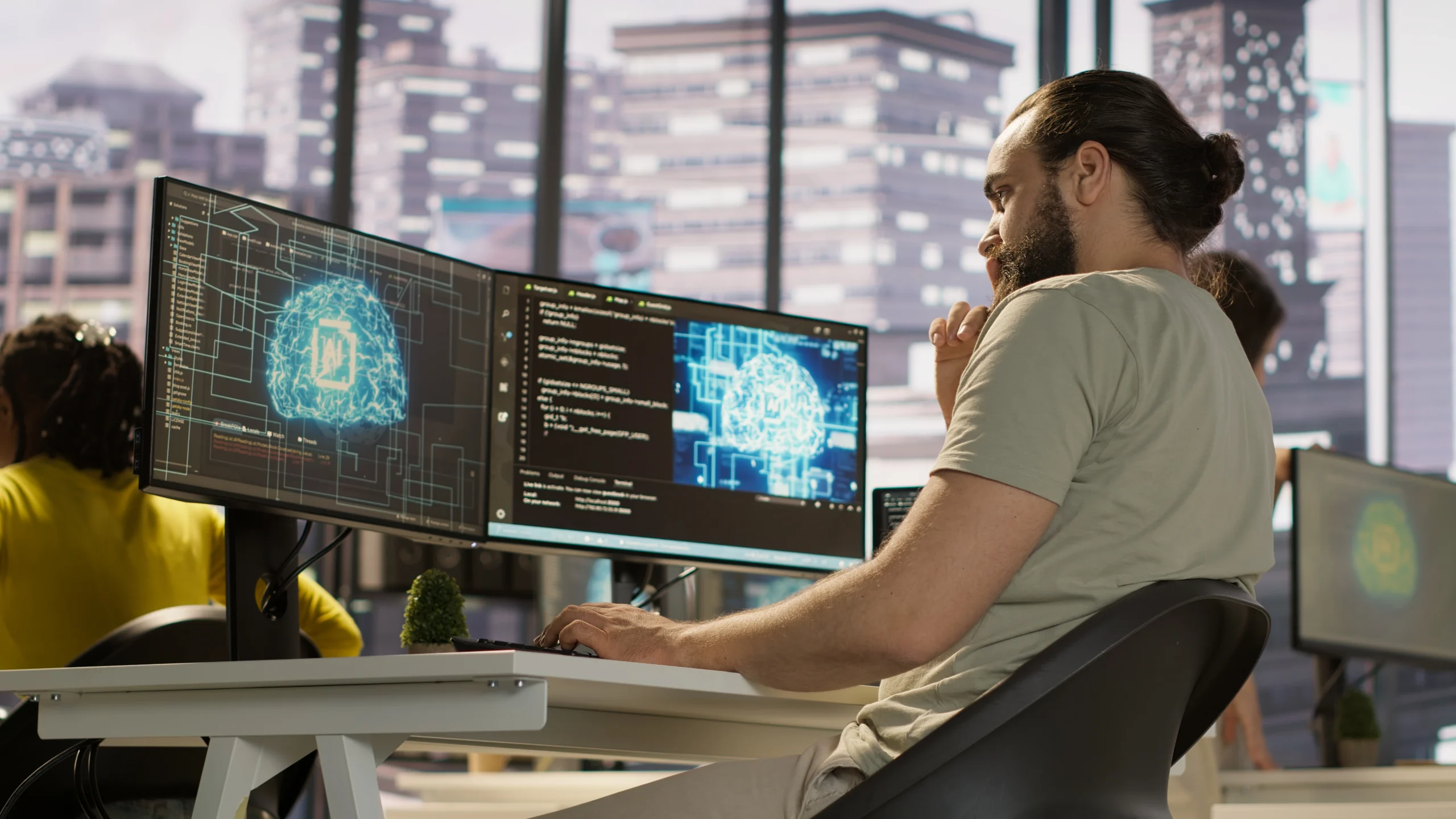
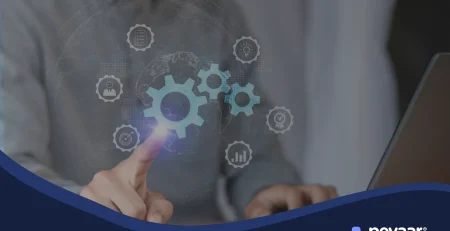

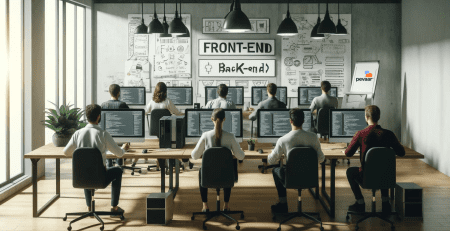

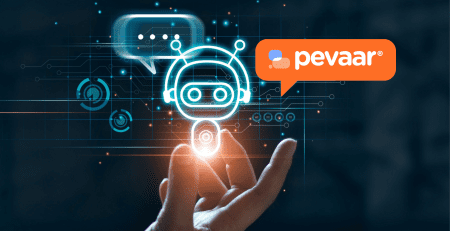

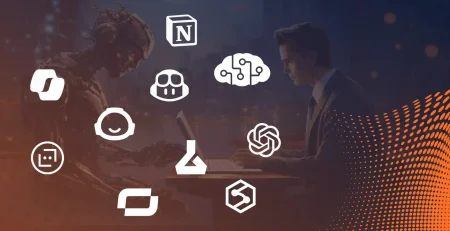



Leave a Reply